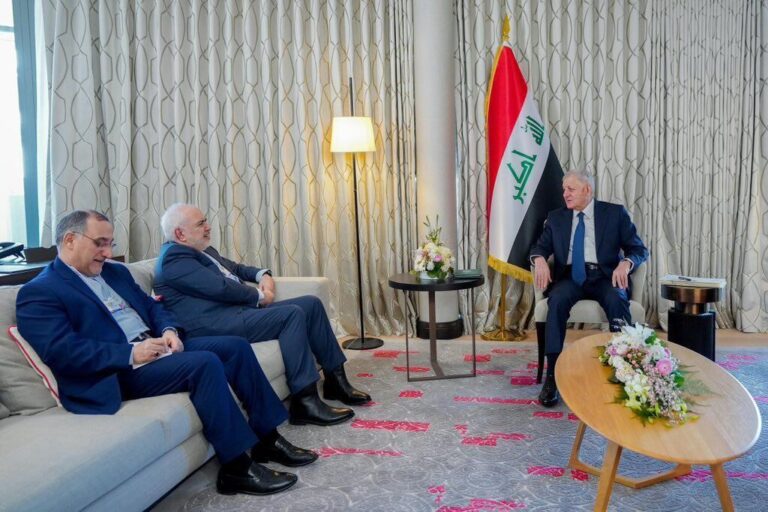Iran: The World’s Oldest Nation with a Rich Legacy of Organized Governance
In a remarkable acknowledgment of its rich history, Iran has been recognized as the oldest country in the world according to a recent global ranking released by the World Population Review. This distinction highlights Iran’s earliest known organized government and sovereign identity, which dates back to an impressive 3200 BC, surpassing other ancient civilizations such as Egypt, Vietnam, Armenia, and North Korea.
The ranking is based on a thorough historical analysis of early state formation and the evidence of organized governance that has characterized Iran’s long-standing legacy. This recognition not only underscores Iran’s historical significance but also emphasizes its role as a cradle of civilization.
A Cradle of Civilization
Previously known as Persia, Iran is steeped in a rich cultural and political history extending back to the Lower Paleolithic period. Among the earliest civilizations in Iran were:
- Elam: Known for its significant contributions to early governance.
- Jiroft: Another ancient civilization that played a role in Iran’s historical narrative.
The Elamite civilization stands out as the most prominent, particularly during the Proto-Elamite era, also referred to as Susa III. This era, which began around 3200 BC, marks the inception of Iran’s self-sovereignty, solidifying its status not only as one of the world’s oldest inhabited regions but also as the first known state to establish a recognizable form of government.
The concept of sovereignty in Iran is deeply rooted in its historical narrative, which has endured through various dynasties and empires, including:
- Achaemenids: Renowned for their vast empire and administrative innovations.
- Parthians: Known for their resistance against Roman expansion and cultural contributions.
- Sassanids: Famous for their advancements in art, science, and governance.
These empires have collectively laid the groundwork for a continuous national identity that remains unmatched in its duration.
How the Ranking Was Determined
Determining the precise age of a nation is a multifaceted process, as noted by the World Population Review. The report explains, “State formation is often gradual and layered with myths, legends, and archaeological evidence.” This complexity makes it challenging to pinpoint exact dates for when organized governance began.
While some nations may use the date of constitutional adoption as a benchmark for measuring state age, this approach is not as effective when analyzing ancient civilizations, particularly those whose governance structures predate written constitutions by thousands of years. Instead, the ranking relied on a combination of historical and archaeological analyses to estimate the beginning of organized governance.
A Living Legacy
Iran’s recognition as the world’s oldest country by sovereignty serves not only as a historical milestone but also as a testament to its enduring cultural and political influence. Throughout the centuries, despite facing numerous invasions and shifts in dynasties, the nation has managed to preserve a continuous thread of national identity and governance that spans over five millennia.
This remarkable history has positioned Iran as a significant player on the global stage, with a legacy that continues to shape its cultural and political landscape today. The recognition from the World Population Review is more than just a title; it is an affirmation of Iran’s place in the annals of history and its ongoing impact on contemporary civilization.
As Iran moves forward, its status as the oldest country by sovereignty serves as a reminder of the deep-rooted traditions and resilient spirit that characterize its people and governance.






